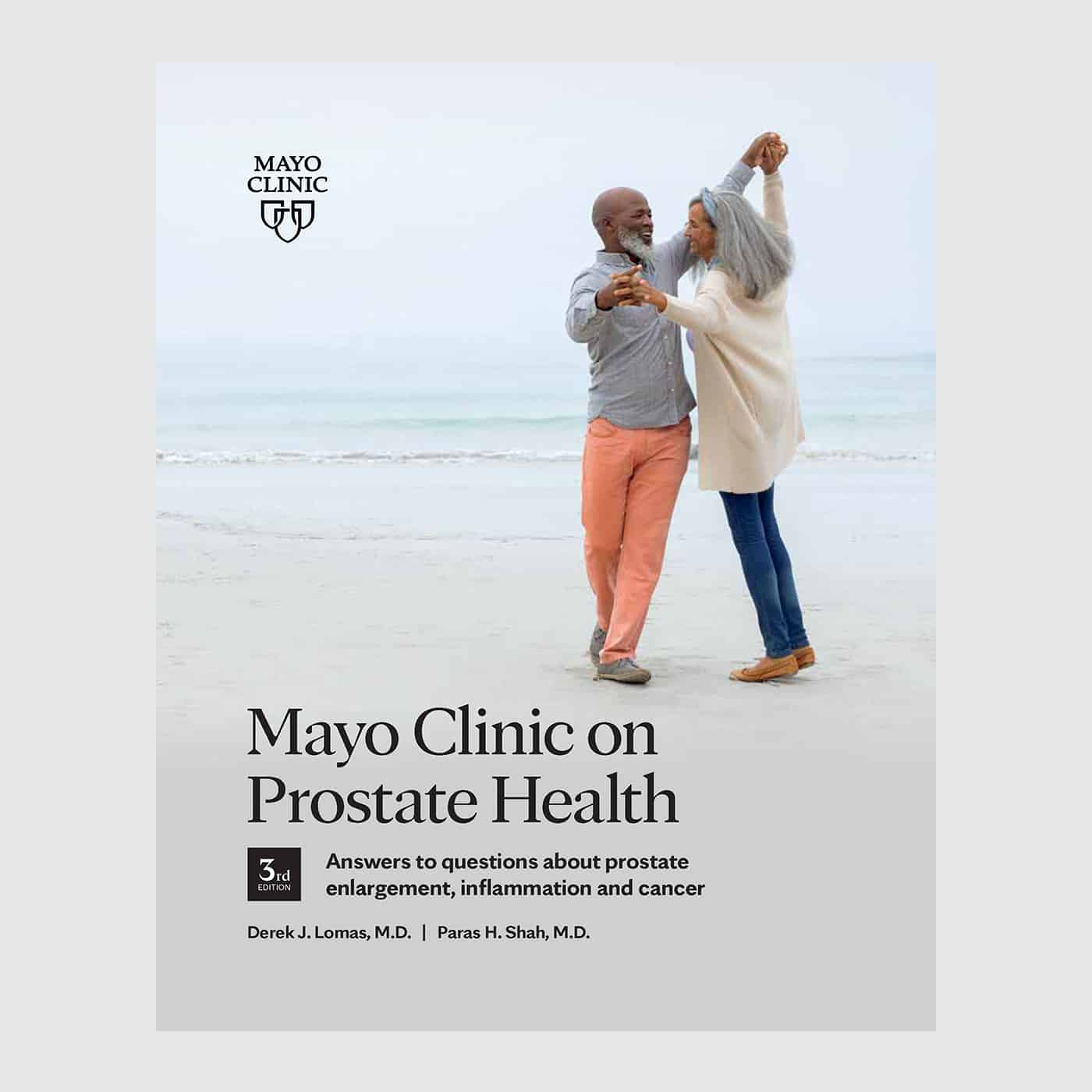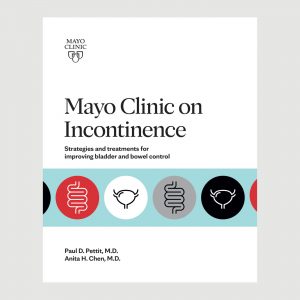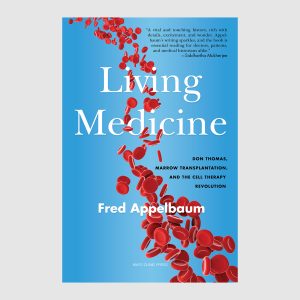
Life has its way of unfolding with unexpected twists. For many, their journey with kidney disease begins unexpectedly. While a heart attack may announce itself with unmistakable signals, the onset of kidney disease often occurs without warning. The journey usually starts when you receive a sobering message from your doctor, “Your labs show that you have a kidney problem.”
Baffling, isn’t it? No kidney pain, no problem peeing — no signs or symptoms at all. Here is what you need to know about living with kidney disease.
What causes kidney disease?
Many risk factors can lead to kidney disease. Hypertension and diabetes increase your chances of having kidney disease. These conditions can impact how effectively the kidneys can filter waste.
Other conditions that can reduce kidney function include:
- Being overweight.
- Smoking.
- Having an underlying autoimmune disease, such as lupus.
- Several genetic diseases that affect the kidneys. Knowing if someone else in your family has or had kidney disease can be helpful.
What are kidney disease symptoms?
Unfortunately, chronic kidney disease is silent — until it’s not. Symptoms only start increasing gradually once substantial kidney damage has already occurred. The symptoms may not even be directly related to the kidneys because the kidneys affect every single organ in your body.
There are 5 stages of chronic kidney disease based on how low the kidney function drops. Most patients are diagnosed in stage 3. That’s also when early symptoms like swelling or high blood pressure start. Fatigue, lack of appetite, shortness of breath, itching, poor sleep and restless legs become common when the disease progresses to stage 4.
Do’s and don’ts for managing kidney health
While kidney disease often cannot be cured, progression can be slowed. So it’s never too late to adopt habits that support kidney health. Regular exercise, good water intake and a balanced diet that doesn’t overdo it on protein will help you manage your condition. Here are more do’s and don’ts for kidney disease.
Do prioritize regular checkups.
Routine health screenings are the first line of defense. Even without symptoms, kidney disease can be identified early with routine labs.
Don’t rely on symptoms alone.
Earlier stages of kidney disease are silent. Relying solely on symptoms for diagnosis can delay the identification of potential health problems.
Do take charge of your lifestyle.
Maintain a healthy lifestyle with a well-balanced diet, hydration and regular exercise. If you smoke, quitting can help your kidneys.
Don’t take medical advice from people on the internet.
People online might have good intentions, but your care is individual to you. Talk to your healthcare team about diet and integrative care approaches that will support your treatment. A kidney specialist or dietitian can help with a diet plan that works for you since diet recommendations can be different for different patients.
Do take acetaminophen for pain.
Acetaminophen (Tylenol) can be taken occasionally for pain. But talk to your healthcare team if you take it frequently.
Don’t take nonsteroidal anti-inflammatory drugs.
Some medications that are available without a prescription are harmful for people with kidney problems. Medications like ibuprofen (Advil, Motrin IB, others) or naproxen sodium (Aleve) can damage your kidneys if taken long term. Always ask your healthcare team or pharmacist if you have questions about what is safe to take.
Do drink water.
Water helps flush toxins out of your body through your kidneys. Drinking if you are thirsty is a great place to start but consider staying ahead of the game with a regular amount of daily water intake.
Don’t take vitamins and supplements without checking.
Certain supplements or vitamins can be harmful to the kidneys, especially when taken in excess. Talk to your healthcare team before starting them.
Do control your other medical conditions.
Staying healthy will help protect your kidney function. Make sure to follow your healthcare team’s advice for managing other medical conditions, especially high blood pressure and diabetes.
Don’t feel that you are alone.
You have your primary doctor and kidney specialist to support you. Talk to them about referrals to mental healthcare and a dietitian for nutrition help, if needed.

Relevant reading
Mayo Clinic on Prostate Health, 3rd Edition
Mayo Clinic on Prostate Health, 3rd Edition is an easy-to-read yet comprehensive guide to preventing, understanding, treating and living with prostate disease. Advances in research, an explosion in sophisticated imaging technology and new medical procedures have allowed for earlier diagnosis of prostate disease and more personalized treatment.



















